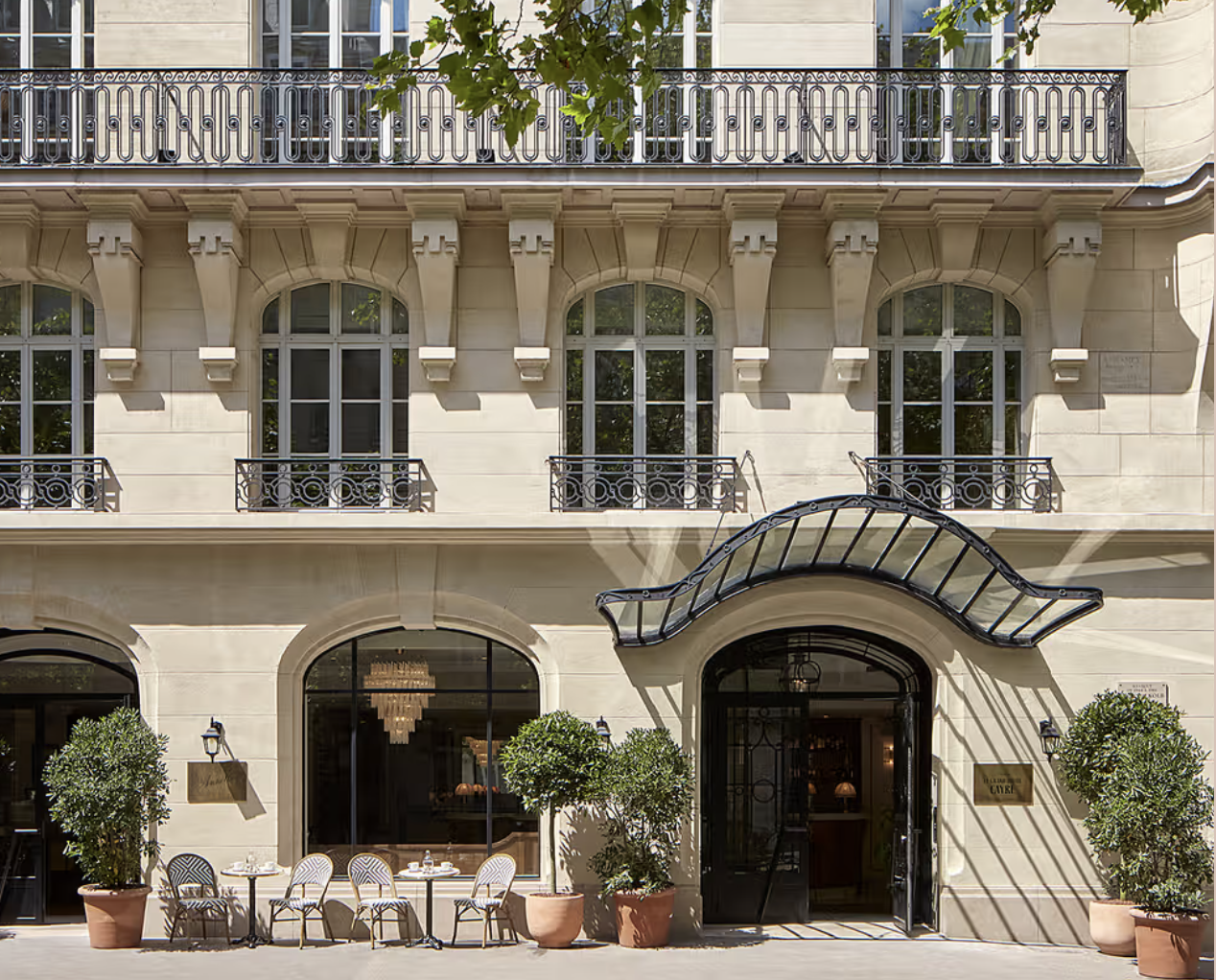
Le Grand Hôtel Cayré
Those traveling to France will enjoy staying at the new Le Grand Hôtel Cayré. Located in Saint-Germain-des-Prés, on the left bank (Rive Gauche) of the Seine, this lively arrondissement is filled with luxury boutiques, bustling cafes, Le Bon Marche’, patisseries, cheese shops, and an energy like no other neighborhood in Paris.
This is the first hotel to open for Miiro lifestyle hotel group. Located between the historic Boulevard Raspail and the energetic Rue du Bac, the new hotel offers guests different levels of service based on their travel needs. Designed by UK based Michaelis Boyd, a collective of architects and interior designers based in London and New York. As a SOHO Farmhouse collaborator, there is a SOHO feel inside this hotel.
Meeting Mickael Meunier, the General Manager at Le Grand Hôtel Cayré, I learned all about the recent renovations that were made to transform the former Hotel Cayré into a first-class hotel. “We wanted to bring the spirit of the surroundings while honoring the hotel’s vibrant creative past,” said Meunier. “The design takes inspiration from the old-world charm of Saint-Germain-des-Pré.

The grand stairway at Le Grand Hôtel Cayré. Photo Jill Weinlein
‘The grand staircase is painted by a local French artist to replicate artist Henry Matisse’s sky,’ said Meunier. This hotel tells a story about a cast of characters who once lived in this iconic neighborhood, such as Ernest Hemingway and F. Scott Fitzgerald in the 1920s.
Le Grand Hôtel Cayré features 123 bedrooms, including two suites, some of which reveal spectacular views of the iconic Eiffel Tower. Each guest room is exquisitely curated with a collection of custom-made furniture, antiques, bespoke pieces, and one-of-a-kind collector’s items.
Guests have the choice of three room categories with three price points to make an overnight stay more accessible to travelers. ‘It’s similar to what the airlines have done with seats,’ said Meunier. ‘Each guest has their own needs and desires when traveling.’
The Essential guest room is ideal for the mindful traveler who doesn’t need their room cleaned daily, but every other day. The room may not have much of a view, yet will have all the same amenities as other room categories.
The Premium guest room is for those who seek to spend some time in their room with a better view. Comfortable robes and slippers are in the closet, and there is a minibar stocked with snacks and refreshing beverages for purchase. This category does receive a vanity and sleep kit, plus daily room service.
For design and art lovers, literary aficionados, and collectors, the finest rooms are the La Suite du Collectionneur up on the top floor.

Le Grand Hôtel Cayré
These exquisitely designed rooms can be reserved as a single suite, or can be combined with La Chambre de Collectionneur to create an apartment for an even more spacious three bedroom guest experience.
It’s ideal for travelers who appreciate 20th and 21st century decorative arts. Curated from major public and private collections, this intimate suite was designed in partnership with renowned art design advisor and curator Gilbert Kann.
Eye-catching iconic Heinz Witthoeft armchairs are wrapped in cognac colored leather. Synonymous with cubic architectural design, these chairs are made with solid wood and intricate wooden joints.
Intentionally low seat height enhances the lounging experience, inviting guests to relax, read a book, and take in the views of Paris from the glass windows inside Appartement Du Collectionneur.
‘This suite comes to life during events such as the upcoming Design Week,’ said Meunier. ‘Every item in this suite is available for purchase.’

Le Grand Hôtel Cayré
Complementing the fabulous furnishings, the suite features a hand-crafted, king-size bed, a separate lounge area, and a dedicated powder room. The marble bathroom includes both a bathtub and a rainfall shower, as well as a selection of Le Labo products.
Paris furniture designer Pierre Sala’s pencil leg table is used as a workspace or writing table for guests. This designer comes from the theater world, and his creative imagination inspires his whimsical furniture pieces.

Le Grand Hôtel Cayré
The modular bookcase was created by Danish architect and furniture designer Mogens Koch. His shelf unit is not only striking, but provides an elegance to the room, as well as a practical solution for comfort, functionality and aesthetics.

Le Grand Hôtel Cayré. Photo Jill Weinlein
Maison LELEU offers space and cosmology as the starting point of the design of the Moon sofa in the suite. Two mobile parts can be used as complementary seats or side tables.

Le Grand Hôtel Cayré. Photo Jill Weinlein
The king-size Maison Pierre Frey headboard bed designed by Georges Le Manach showcases quality weaving on specific looms for a tailor-made finish.
Lighting by Bernard-Albin Gras includes the functional GRAS lamps named ‘Plug and Dream’, ‘Plug and Welcome’ and ‘Plug and Work.’
Other lighting includes Alain Richard’s black half-sphere that can produce direct, indirect and reflected light.

Fitness Room. Photo Jill Weinlein
Down in the basement is a fitness room and refresher room. Guests can book the refresh room for a complimentary 45 minutes to use the shower and changing rooms during an early check-in or after check-out before a late flight or train.

Annette. Photo by Jill Weinlein
The ground level of Le Grand Hôtel Cayré has been transformed into a lovely French brasserie named Annette. ‘This used to be the breakfast area in the former hotel,’ said Meunier. ‘It’s named after Annette Koln, the inspirational French-German writer and pacifist who lived at the former Hotel Cayré for 17 years from 1944.’
Locals and travelers appreciate the French Brasserie-style menu. ‘It’s not complicated and priced at a reasonable price point for the neighborhood,’ said Meunier. ‘Lunch is priced around 30 to 35 Euros, and dinner around $70 to 75 Euros. The menus are a contemporary take on classic French dishes.’

Chef Bruno and team at Annette. Photo Jill Weinlein
They hired esteemed Chef Bruno Brangea, the former lead head chef for three-star Michelin-starred Alain Ducasse. Chef Bruno is a world oeufs en meurette champion. It’s a traditional Burgundian favorite consisting of poached eggs in a red meurette sauce.
Also in the kitchen is talented Sous-Chef de Cuisine Tony Moreau who has also worked in Chef Alain Ducasse’s kitchen.

Annette Restaurant. Photo Jill Weinlein
There are three menus throughout the day, starting with a Petit-Dejeuner and full breakfast menu. Guests can select the Le Parisien to enjoy a glass of fresh fruit juice, hot drink, a bread and pastry basket, butter, jam and scrambled eggs. This is where one will find the perfect French omelet. Its pale yellow exterior color is smooth and silky with no browning. The warm, moist and tender soft-scrambled interior is unlike any other omelet in the world.
The bread basket is filled with a buttery and flaky croissant, a sweet Pain au Chocolat, light and airy French breakfast puff, and a delicious baked pains aux raisins with a little vanilla cream and plump raisins buried in a flaky circular crisp puff pastry. Slices of French baguette complete this basket.

Annette Restaurant. Photo Jill Weinlein
In the afternoon, guests can enjoy a lunch menu featuring croque monsieur, salads, and a reasonably priced Plat Du Jour.
The dinner menu features soups, salads, pasta, tartare du boeuf, cunard (duck) with an ethereal sauce, and a vegetable cassoulet, which is a vegetarian twist on the classic French dish.
Finish with a chocolate mousse sprinkled with salt, a decadent chocolate eclair or crème brûlée.
The knowledgeable servers complement each course by offering tastes of French-produced wines from an extensive wine.

Annette Restaurant. Photo Jill Weinlein
Annette has a Chef’s Table for guests to sit next to the kitchen to watch the French Chefs in action. After the meal, Sous-Chef-de Cuisine Tony Moreau will visit guests and chat about the meal.

Saint-Germain-des-Prés. Photo Jill Weinlein
The staff at Le Grand Hôtel Cayré are happy to share French gems worth visiting in the neighborhood. Whether it be their favorite neighborhood chocolate shop Debauve & Gallais, a French Royally appointed chocolatier in business for over 200 years or cafes with a history, such as Les Deux Magots. This iconic corner brasserie opened in 1885, and served the great minds of Albert Camus, Jean-Paul Sarte and Simone de Beauvoir.
Le Grand Hôtel Cayré honors the spirit of the neighborhood’s creative past and those who lived here. It’s a resting spot to create your own Paris story.
With the success of opening Miiro’s Le Grand Hôtel Cayré, they opened Hotel Borneta in August 2024, in the El Born neighborhood of Barcelona. They have two hotels scheduled to open in 2025, one in London and the other in Vienna.

















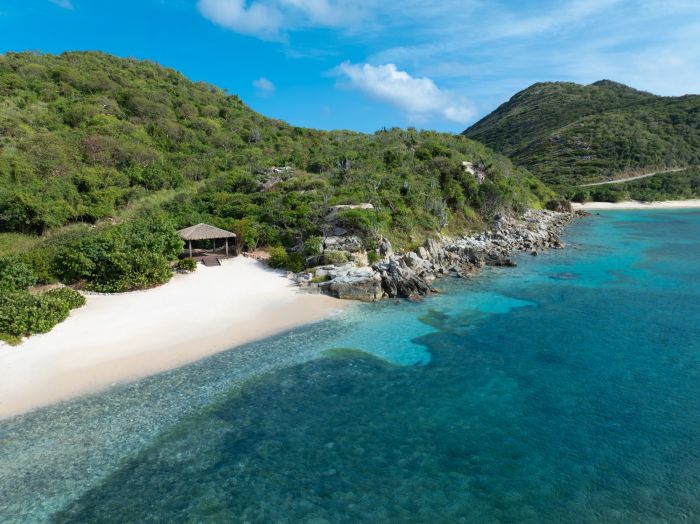

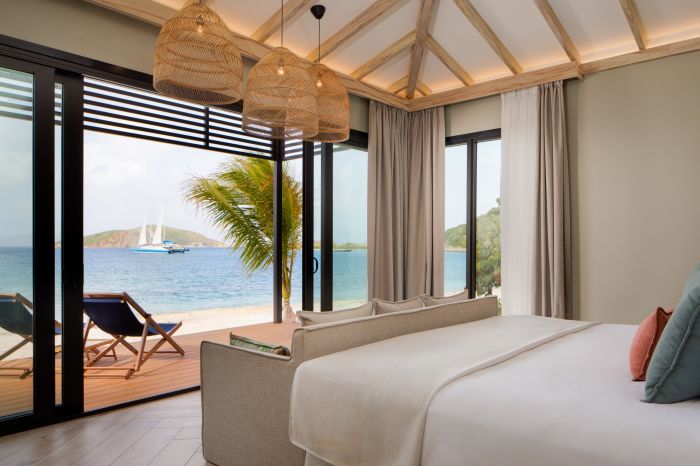































































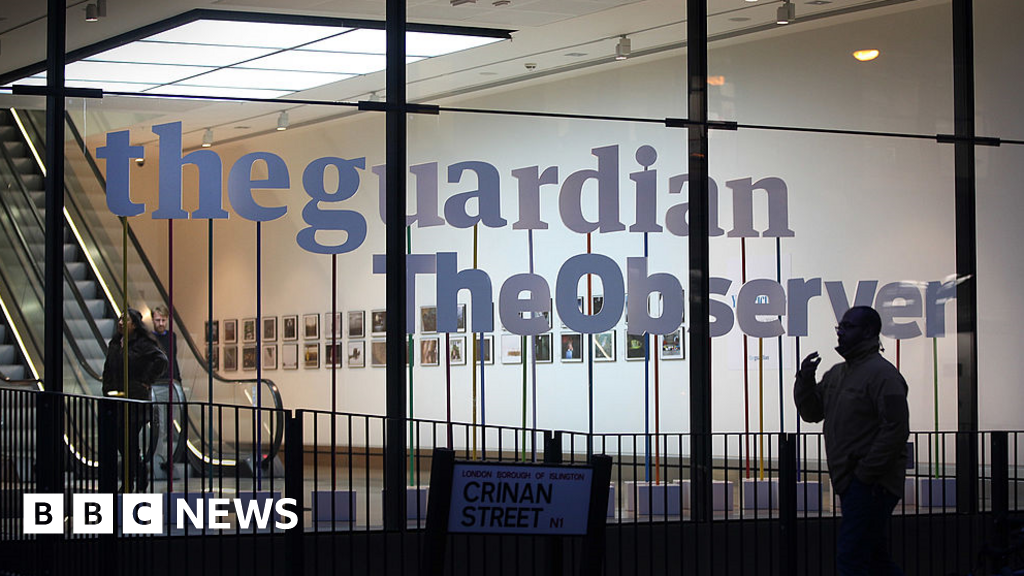

























































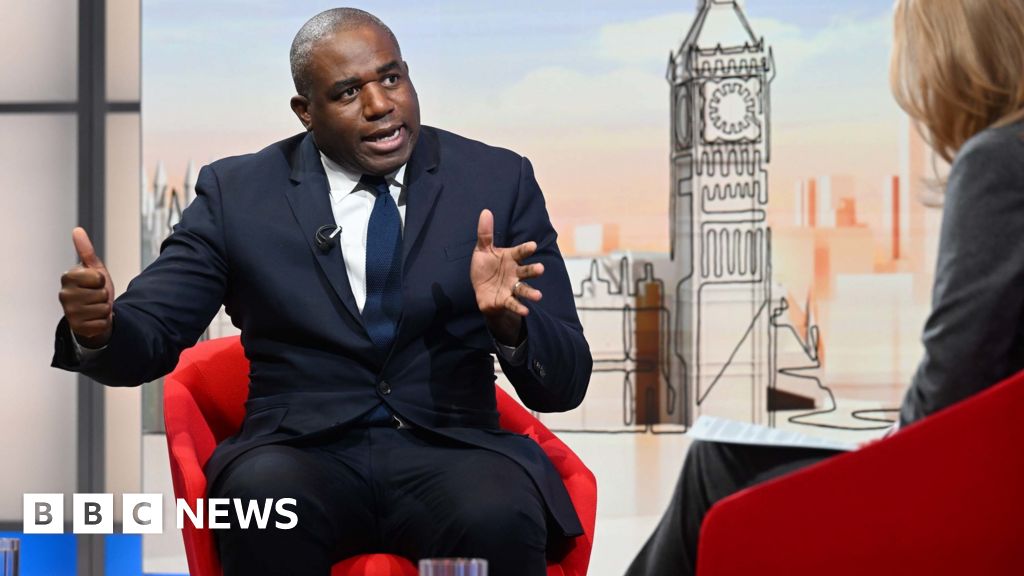

You must be logged in to post a comment Login